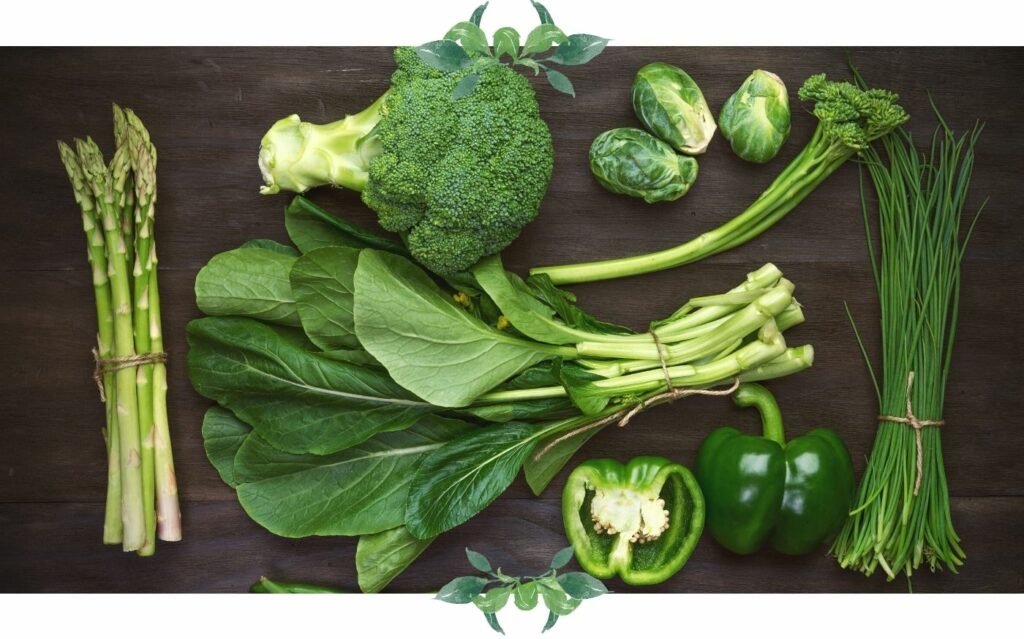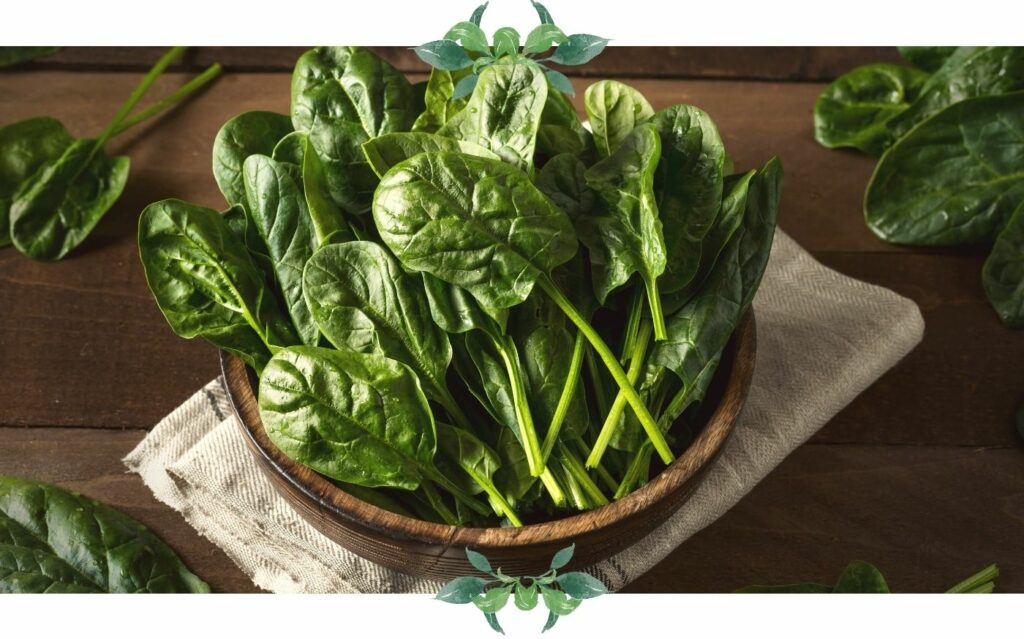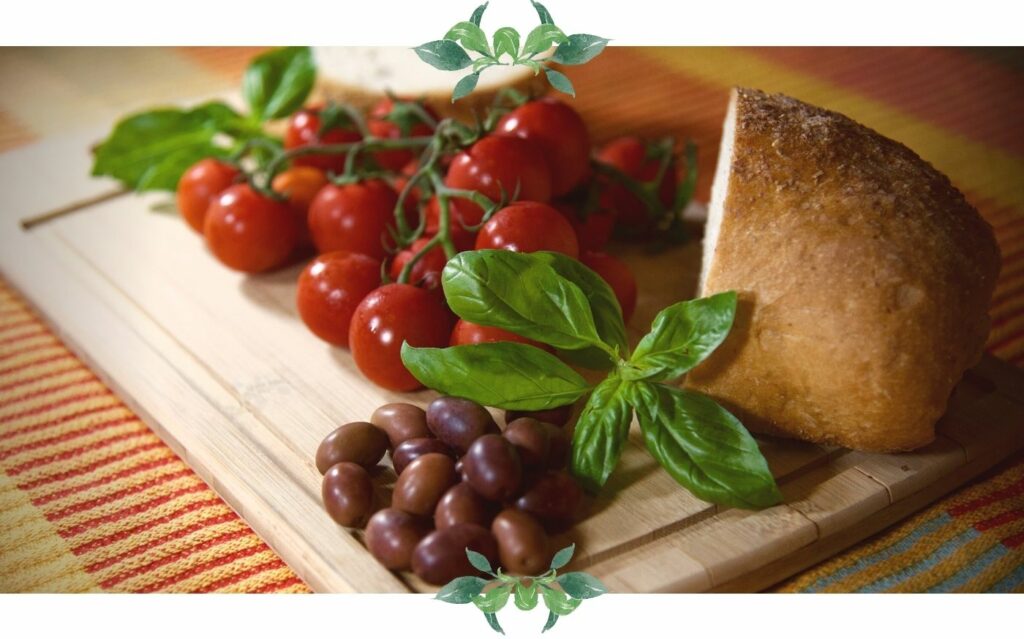
Changing your diet can help with osteoarthritis symptoms such as pain, stiffness, and swelling. Osteoarthritis is the most common form of arthritis, affecting more than 30 million adults in Europe. Osteoarthritis occurs when the cartilage in the joints breaks down over time. This condition can affect any joint in the body, but people often notice it in the knees, hands, hips, and spine. Find out in the following text which foods you should include in your diet if you have osteoarthritis and which you should avoid.
How can diet help osteoarthritis?
While it is not possible to cure osteoarthritis with specific foods or supplements, it can through certain diets the symptoms can be alleviated. Some foods have anti-inflammatory properties that can help reduce symptoms, while other foods can actually increase them. The right diet can therefore make a significant contribution to improvement.
Reduce inflammation and prevent damage
A balanced, nutritious diet provides the body with the necessary ingredients it needs to prevent further joint damage, which is essential for people with osteoarthritis. Some foods are known to inhibit inflammation in the body, so symptoms can be relieved after an anti-inflammatory.

Failure to eat enough antioxidants, including vitamins A, C, and E, can lead to further joint damage.
reduce cholesterol
People with osteoarthritis are more likely to have high blood cholesterol levels, and lowering cholesterol levels can reduce the symptoms of this condition.
Maintain a healthy weight
Being overweight can put additional pressure on the joints, and excess fat stores in the body can lead to further inflammation. Maintaining a healthy weight can reduce the symptoms of osteoarthritis. Maintaining a healthy weight can be difficult for some people, especially those who have a condition that limits their mobility, such as osteoarthritis.
Eight foods to fight osteoarthritis

Including certain foods in your diet can strengthen bones, muscles, and joints and help the body fight inflammation and disease.
If you suffer from osteoarthritis, you can try incorporating the following eight foods into your diet to help relieve symptoms:
1. Fatty fish
Oily fish are high in omega-3 fatty acids, which have anti-inflammatory properties. Salmon in particular is high in healthy omega-3 fatty acids. These polyunsaturated fats have anti-inflammatory properties, so they may benefit people with osteoarthritis. You should eat at least one serving of fatty fish per week. The best oily fish are:
- sardines
- mackerel
- Salmon
- fresh tuna
If you prefer not to eat fish, you can take omega-3-containing dietary supplements such as fish oil, krill oil or flaxseed oil instead. Other omega-3 sources include chia seeds, flaxseed oil, and walnuts. These foods can also help fight inflammation.
2. Oils
In addition to oily fish, other oils can also reduce inflammation. Olive oil contains high levels of oleocanthal, which can have properties similar to nonsteroidal anti-inflammatory drugs (NSAIDs). Avocado and safflower oils are healthy and may also help lower cholesterol.
3. Dairy products
Milk, yogurt, and cheese are high in calcium and vitamin D. These nutrients increase bone strength, which can relieve painful symptoms. Milk also contains proteins that can help build muscle. To keep your weight under control more easily, you should access low-fat dairy products.
4. Dark leafy greens

Dark leafy greens are rich in vitamin D and stress-fighting botanicals, as well as antioxidants. Vitamin D is essential for the absorption of calcium and can strengthen the immune system. This helps the body fight off infection.
The healthiest vegetables include:
- spinach
- Kale
- chard
- cabbage
5. Broccoli
Broccoli contains a compound called sulforaphane that may slow the development of osteoarthritis. This vegetable is also rich in vitamins K and C, as well as bone-strengthening calcium.
6. Green Tea
Green tea contains a high proportion of polyphenols. Polyphenols are antioxidants that can reduce inflammation and slow down cartilage damage.
7. Garlic
Scientists believe that the compound found in garlic, diallyl disulfide, works against the enzymes in the body that damage cartilage.
8. Nut fruits
Nuts are good for the heart and are high in calcium, magnesium, zinc, vitamin E and fiber. They also contain alpha-linolenic acid (ALA), which strengthens the immune system.
About the Mediterranean Diet

A Mediterranean diet could reduce the inflammation that contributes to osteoarthritis symptoms. Not only does the Mediterranean diet help reduce osteoarthritis, but it also has other benefits and can help Reduce risk of the following diseases:
- heart disease and stroke
- Muscle weakness in old age
- Alzheimer's disease
- Parkinson's disease
- premature death
The mediterranean diet Consists of fruits and vegetables, whole grains, legumes, fish, yogurt and healthy fats like olive oil and nuts.
To further strengthen your immune system, you should consider the following points:
- Eat high-fiber, starchy foods such as sweet potatoes, beans, lentils and whole-grain breads and pasta daily
- Eat lots of fruits and vegetables
- Eat less meat
- Choose products made from plant and vegetable oils, such as olive oil
You should definitely avoid these foods
You should avoid processed sugars, as these types of sugars can contribute to inflammation. When you live with osteoarthritis, your body is in an inflammatory state on a daily basis. While foods with anti-inflammatory properties can reduce symptoms, some foods contain substances that actively contribute to such inflammation. It would therefore be best to avoid or at least limit the following types of foods:
1. Sugar
Processed sugars can trigger the release of cytokines, which act as inflammatory messengers in the body. The sugars that manufacturers add to sweetened beverages, including soda, sweet tea, flavored coffee, and some juice drinks, also worsen inflammatory conditions.
2. Saturated fat
Foods high in saturated fats like pizza and red meat can cause inflammation cause in adipose tissue. Not only can this contribute to the risk of developing obesity, heart disease, and other conditions, but it can also worsen the inflammation of osteoarthritis.
3. Refined carbohydrates
Refined carbohydrates like white bread, white rice, and potato chips fuel the production of advanced glycation end oxidants (AGEs). These can stimulate inflammation in the body.
Three Food Myths About Osteoarthritis

Many people claim that certain types of foods can make osteoarthritis worse, but there isn't enough or little scientific evidence to support these theories. The three common osteoarthritis myths are:
Myth #1: Citrus fruits cause inflammation
Some people believe they should avoid citrus fruits because the acid is flammable. However, this is not the case. Indeed have Citrus anti-inflammatory properties but are rich in vitamin C and antioxidants.
However, grapefruit juice can interact with some medications that doctors use to treat osteoarthritis. Patients undergoing treatment should therefore seek advice from their doctor before intensively including citrus fruits in their diet.
Myth #2: Avoiding milk helps with osteoarthritis
There are also claims that avoiding dairy products can help with osteoarthritis. Although milk, cheese and other dairy products problematic for some people may be, these foods may have anti-inflammatory effects in others.
For inflammatory symptoms associated with gout, skim milk and low-fat milk may also have anti-inflammatory effects. An elimination diet can help people more easily determine if their symptoms improve or worsen with the intake of milk.
Myth #3: Nightshade Vegetables Cause Inflammation!
Tomatoes, potatoes, eggplant, and peppers all contain the chemical compound solanine, which some blame for osteoarthritis pain. However, there is no scientifically based evidence for this. Introducing these nutritious vegetables into your diet can have many benefits for chronic conditions.
Conclusion
There is evidence that certain foods and nutrients can cause symptoms of Arthrose relieve and fight inflammation. By supplying the body with the necessary nutrients, you strengthen the bones, muscles, but also the immune system. Sufferers may also benefit from avoiding or limiting foods that contribute to inflammation.
Being overweight or obese puts extra pressure on the joints, which can make osteoarthritis symptoms worse. Eating a balanced diet rich in plants, fiber and anti-inflammatory fats such as: Eating foods such as the Mediterranean diet can help people with osteoarthritis maintain a healthy weight. It also reduces symptoms such as pain and swelling.
Table of Contents



Leave a comment now